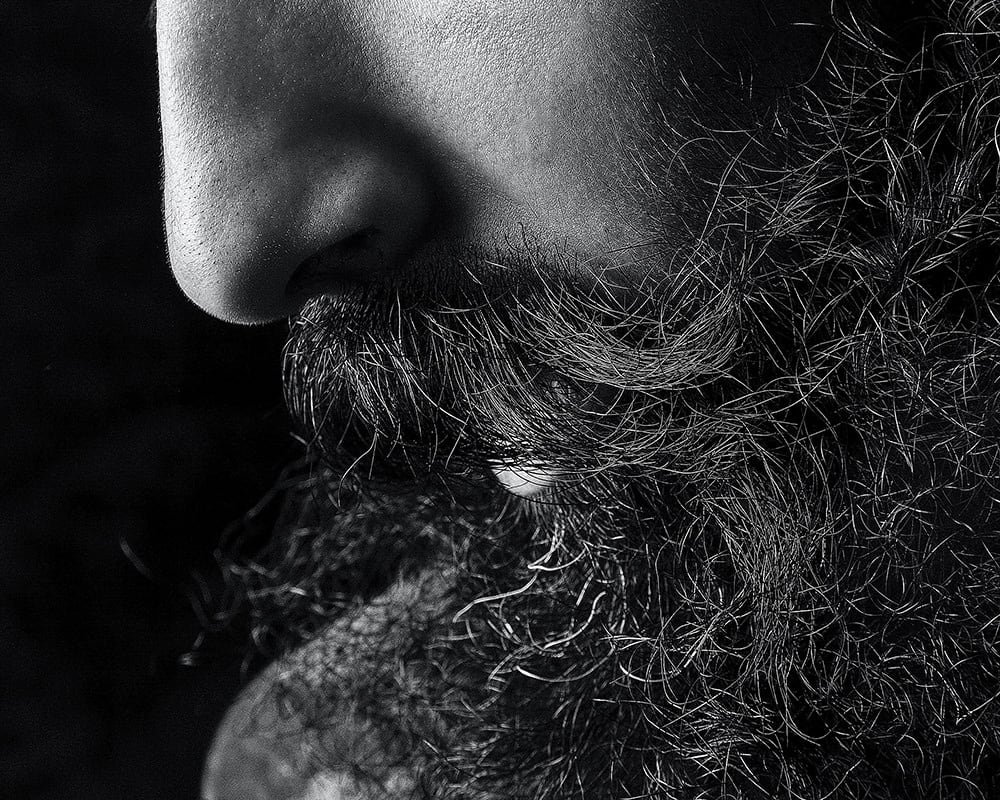au nez et à la barbe de
“au nez et à la barbe de” is a French expression that literally means “under the nose and in front of the beard of.” But it means “in front of someone, with the intention of taunting them,” or “to the detriment of someone, although done in his presence.”
Although it refers to a beard, it can be applied to anyone without a beard, including women and children. As such, the idiom is an example of a metaphor, not a simile.
The saying dates back to the 15th century.
Common English equivalents include “right under someone’s nose” or “in someone’s face.”






